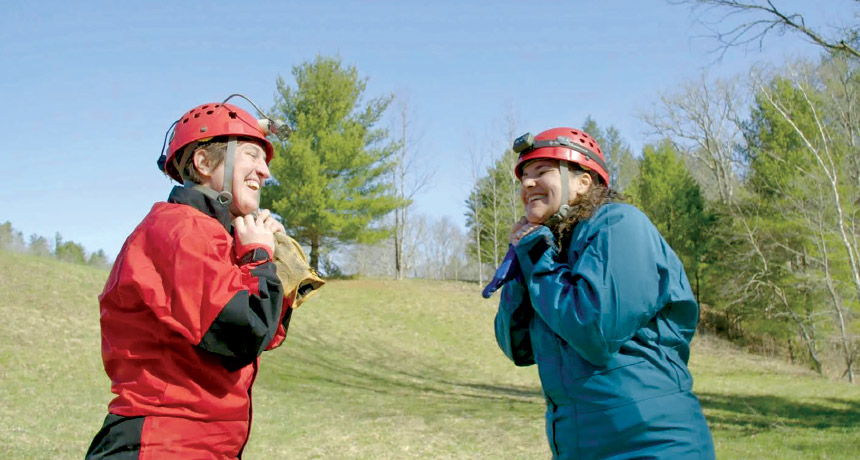
There's plenty of reasonably strong melodies throughout, and a general good feel to the album. While there are a handful of guest musicians, none of the other past or present Yes members are involved.Īt over 11 minutes, the title track is the most adventurous, with Squire slipping in a bass solo among a diversity of sounds and music more reminiscent of "Fish out of water" than the other tracks. Sherwood performs most of the lead instrumental work on both guitar and keyboards, with Squire sticking to bass and vocals.

"Big generator" or "Open your eyes" are probably more appropriate reference points. While the unmistakable voice of Squire is immediately apparent, the sound is not really anything like that of traditional Yes.
#THE MOST UNKNOWN REVIEW TV#
But one wonders if the experience would be richer as a TV series, with each interaction getting an episode to itself - possibly with a third-wheel host sitting in on all the meetings of strangers, pointing out common themes in their conversations.The wait for Chris Squire to follow up his excellent "Fish out of water" solo album goes on, but this comes pretty close.Ĭonspiracy are Squire with former Yes member Billy Sherwood, who together write and produce this their first album under that name. Nearly all these subjects would be fascinating dinner companions, and watching them interact is enjoyable. Fortuitously, this takes us around the globe, allowing for the occasional beautiful aerial shot of Costa Rican coastline, Nevada’s Black Rock Desert, et cetera.īut with so many discussions to drop in on, each with its own stuff to show off - we see the world’s most accurate atomic clock here, go spelunking for furry cave-grown slime there, then put on a swimming cap studded with electrodes to try to control robots with nothing but brain waves - each sequence can only hint at what’s fascinating about its field.

The third goes to visit a fourth, and so on.

One visits another in the lab or in the field, then, after they’ve picked each other’s brains a bit and maybe shared a pint, the second interviewee goes off to meet a third. In other cases, as with Axel Cleeremans’ work on that connection between the brain and the self, experimenters are treading ground previously reserved for philosophers.Ĭheney’s conceit here is to hang out with the eggheads in groups of two, setting up blind dates between them. Luke McKay, an astrobiologist who collects samples of microbes in Earth’s hot springs while trying to imagine the forms life might take elsewhere in the galaxy, draws a visitor a tree of life - from humans to palm trees to microscopic organisms - to illustrate the vast diversity of species we haven’t yet been able to study. In some cases, that possible unattainability is just a question of daunting numbers. Selecting nine scientists from disciplines ranging from psychology to astrophysics, Cheney finds one thing they all have in common: Whether it’s dark matter or the question of how billions of synapses host a single human consciousness, each spends his or her days pursuing knowledge that may be unattainable.

His latest effort, The Most Unknown, which seeks intellectual common ground between researchers in a slew of scientific fields, goes in rather the opposite direction: diving into the mysteries of the cosmos, but finding itself stuck in the shallow end of the pool. A few years ago, Ian Cheney’s charming documentary The Search for General Tso turned a look at one tiny piece of Chinese-American history into an eye-opening commentary on immigration, assimilation and cultural myth-making.


 0 kommentar(er)
0 kommentar(er)
